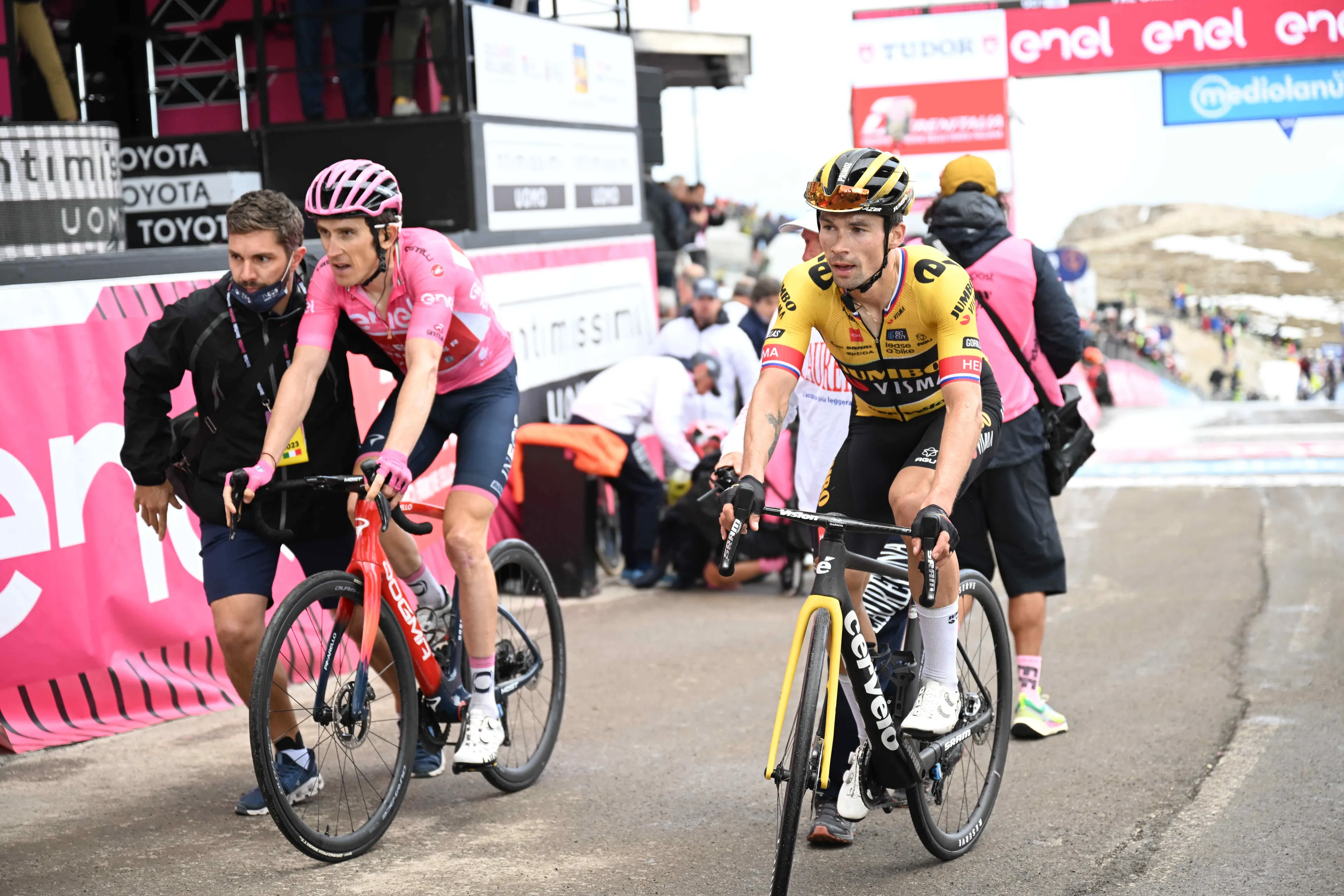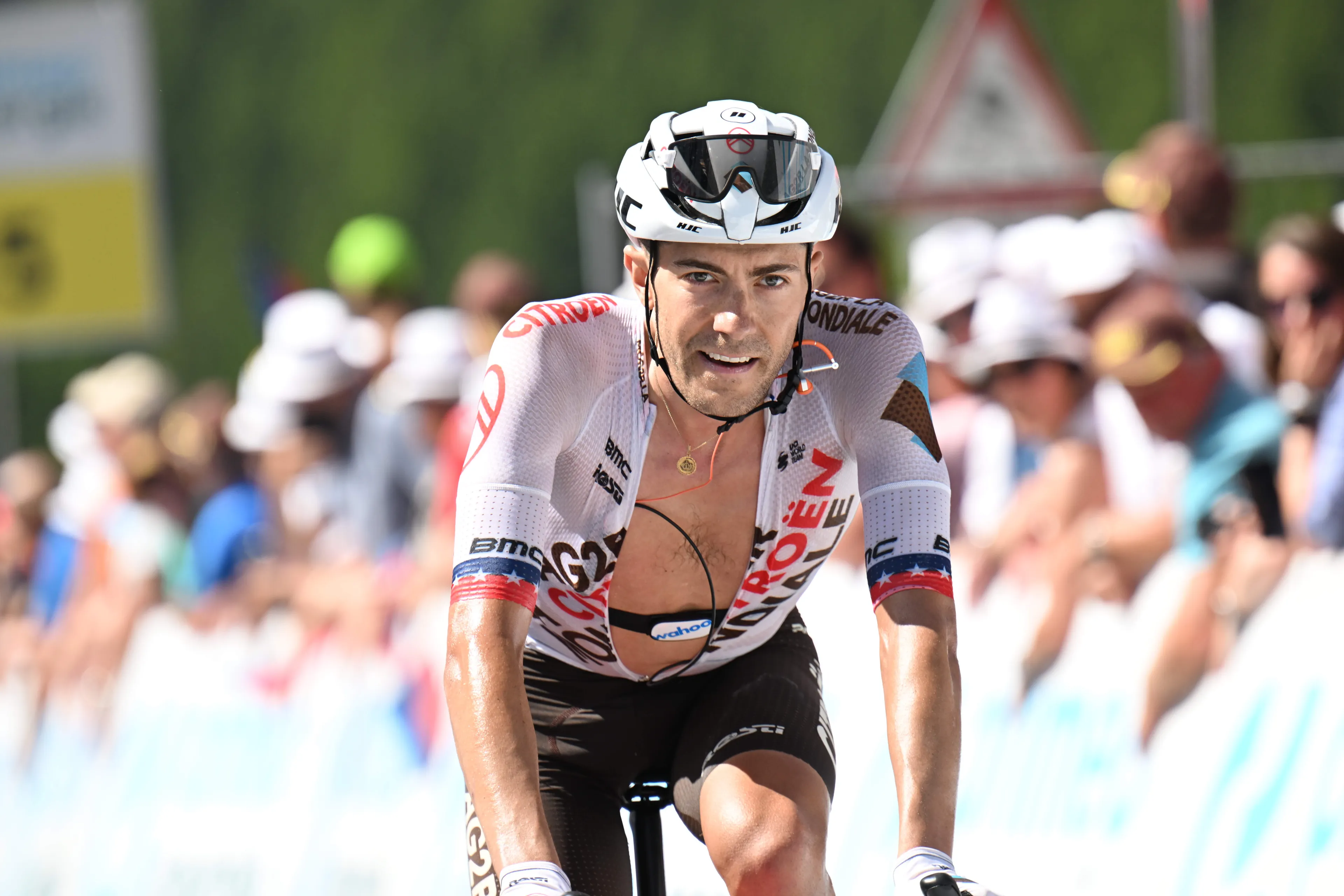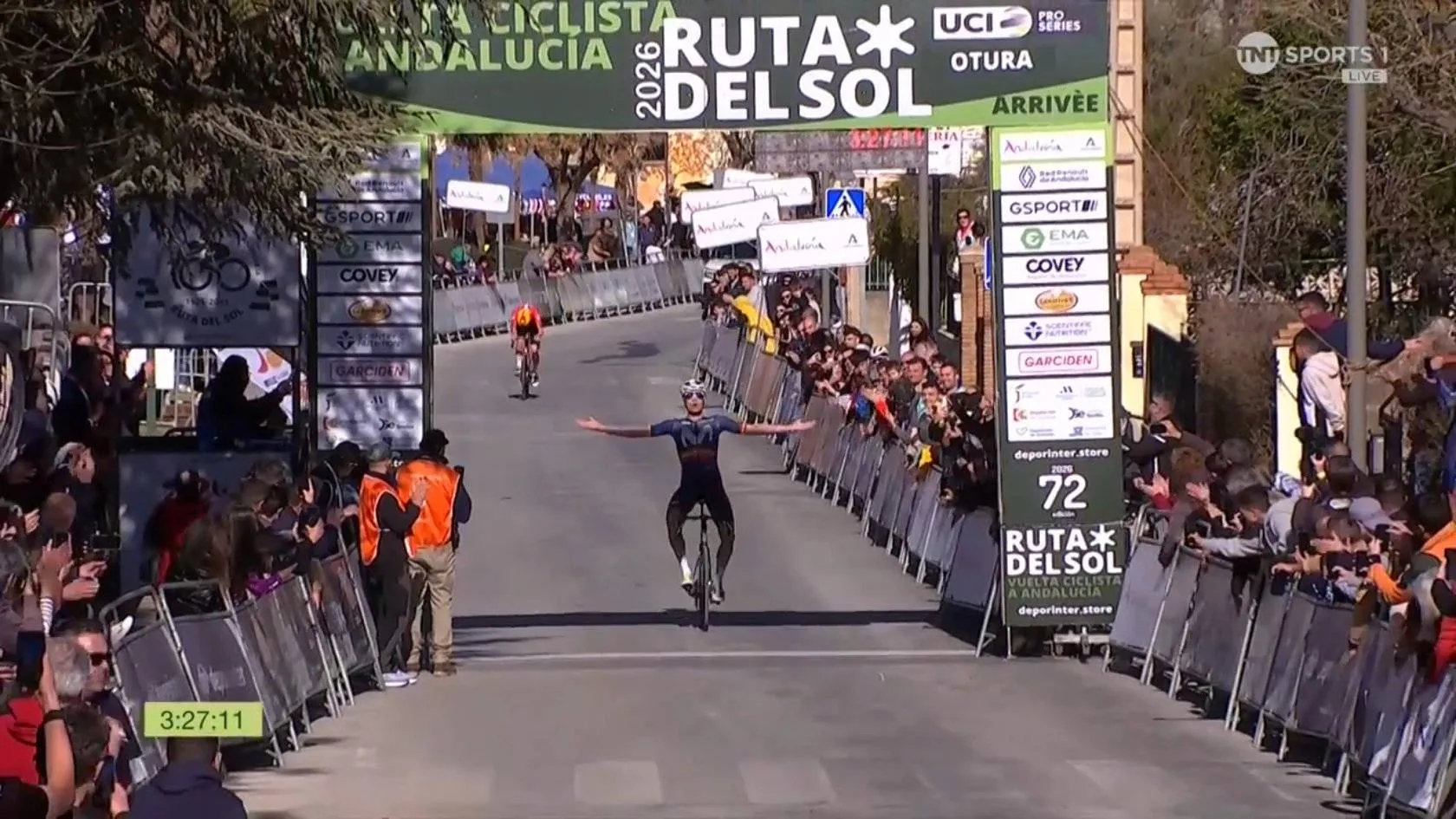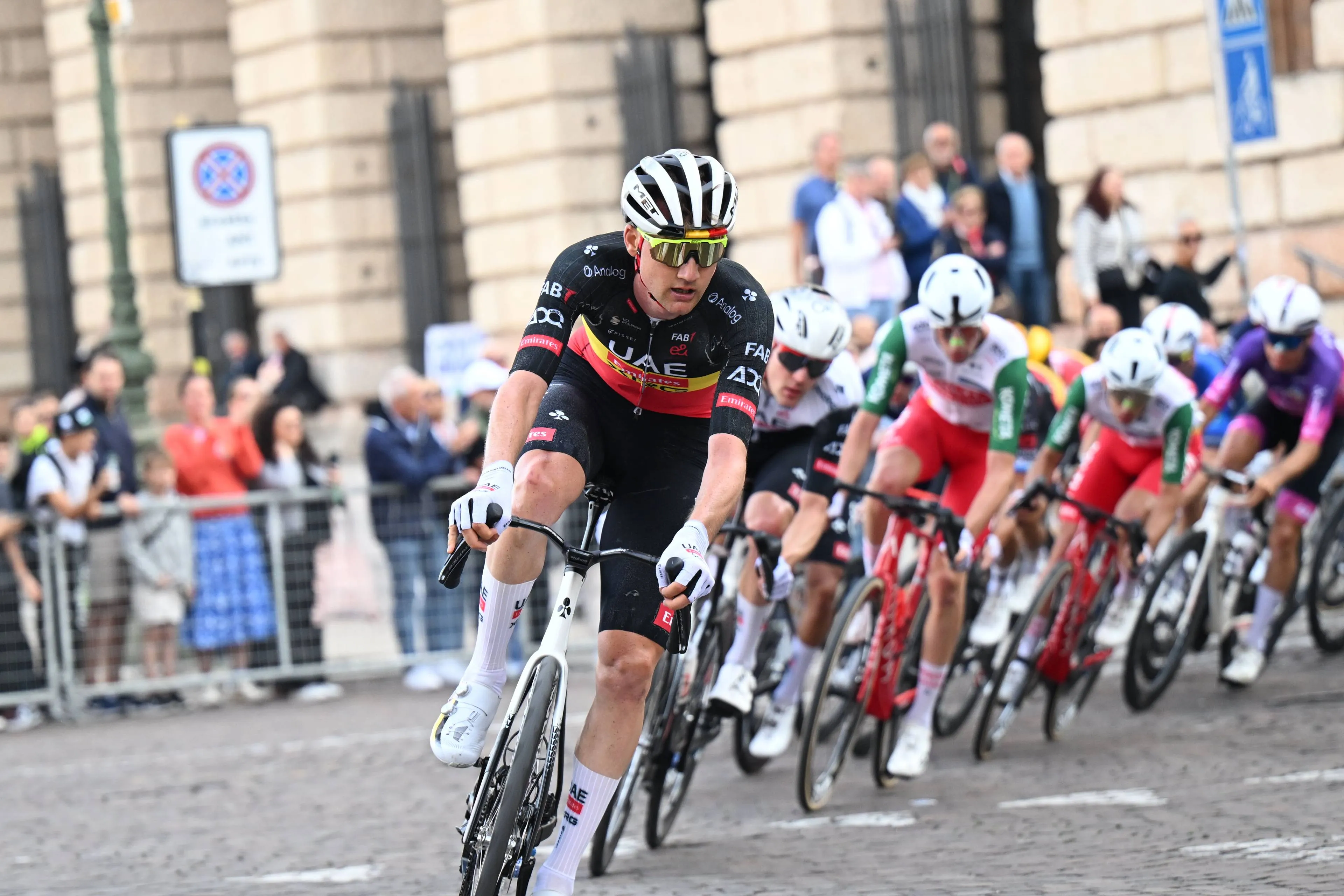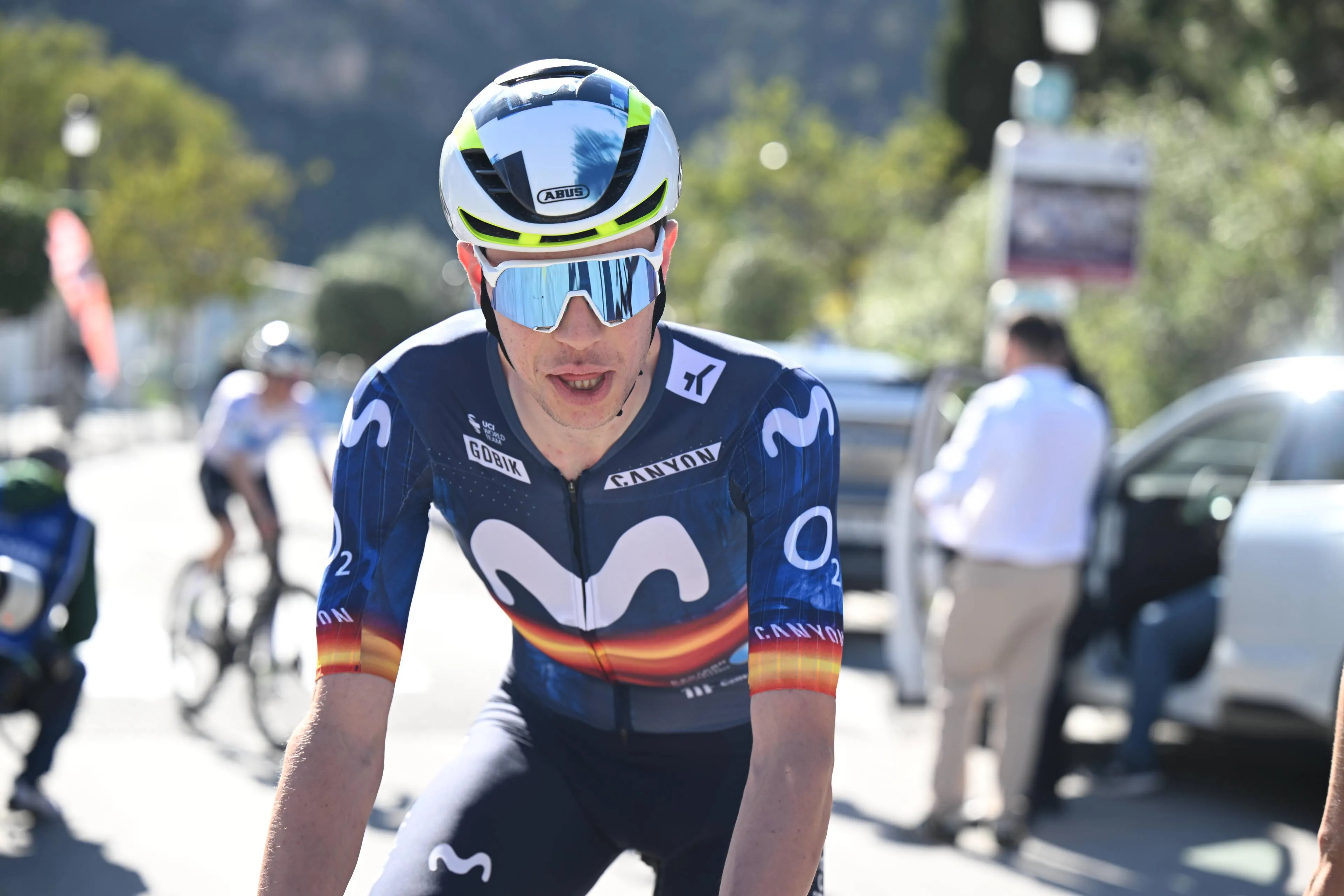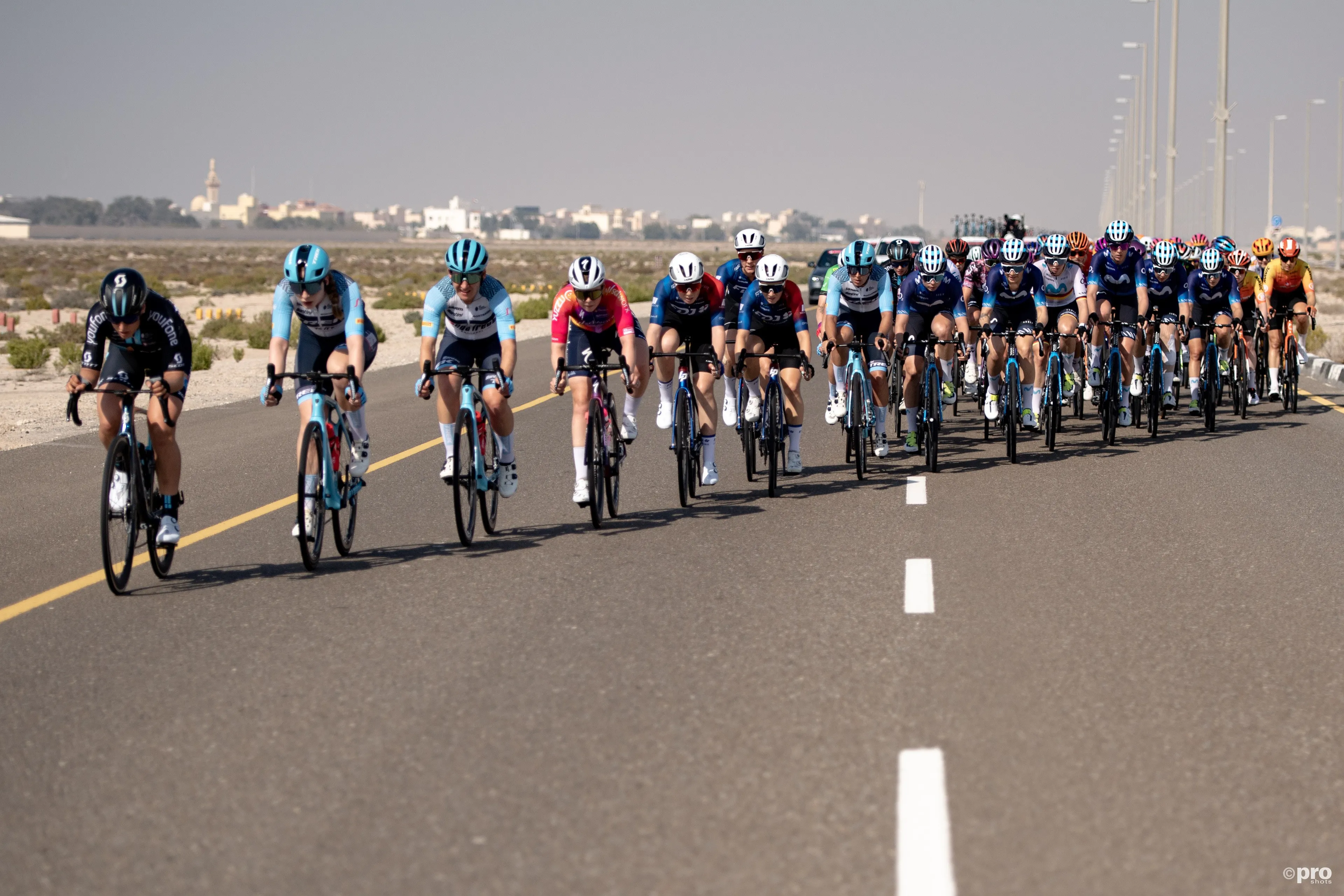Cycling's last big merger with Bruyneel, Cancellara and the Schlecks as protagonists
CyclingWednesday, 27 September 2023 at 11:30
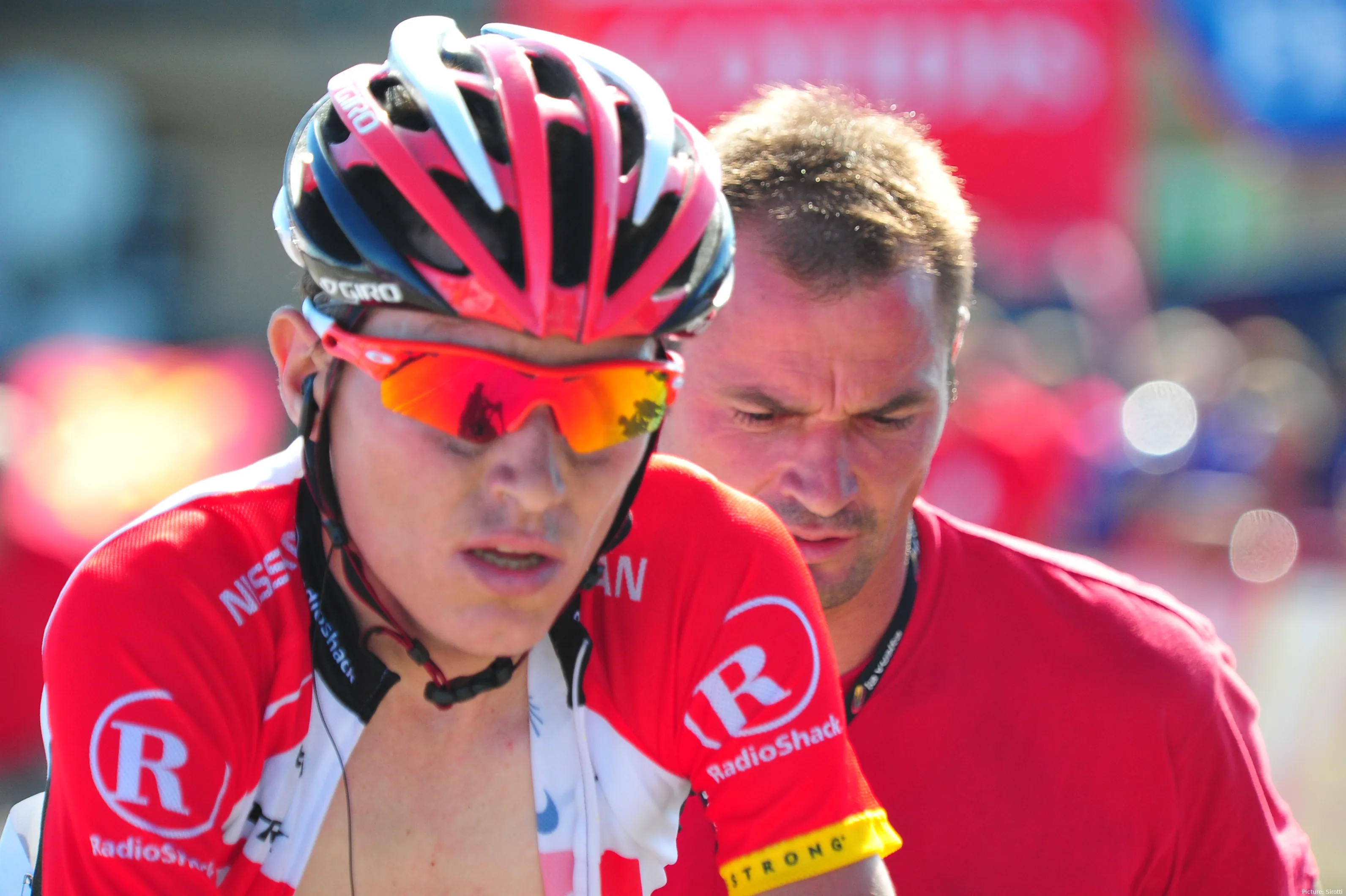
The possibility of a merger between Jumbo-Visma and Soudal-Quick Step has stirred up the cycling world, reminding us of a similar episode that took place more than a decade ago.
In 2011, the Leopard Trek team, led by Fabian Cancellara and the Schleck brothers, joined forces with Johan Bruyneel's RadioShack. Thus was born a union that has lasted to this day under the name of Lidl-Trek and explained by the Eurosport.
Read also
Although Patrick Lefevere, CEO of Belgian team Soudal-Quick Step, has denied that the deal is close to closing, rumors persist, leaving open the possibility that this union will transform the landscape of elite cycling in the years to come.
In September 2011, Leopard Trek, a newly created team looking to dominate the Tour de France and the classics with Fabian Cancellara and the Schleck brothers, joined Johan Bruyneel and Lance Armstrong's RadioShack Nissan. This ambitious project was born with high expectations backed by the U.S. bicycle manufacturer and Luxembourg investor Flavio Becca.
However, in sporting terms, they failed to achieve their main objectives. The Schleck brothers lost the Tour to Cadel Evans, and Cancellara was unable to triumph in the Flemish classics. Despite this, they closed the season by surprisingly winning the Giro di Lombardia with Switzerland's Oliver Zaugg.
Read also
For its part, RadioShack Nissan, created to accommodate Lance Armstrong after his return to professional cycling, had sought synergies with the Luxembourg team following its disappointment in the 2009 Tour with Astana.
The merger was announced in September 2011, and the two teams shared sponsors for the 2012 and 2013 seasons. Johan Bruyneel became the leading figure in sports management, and the Schleck brothers and Cancellara continued to be central to the structure.
However, the merger was not without its challenges. International Cycling Union regulations limited the number of cyclists under contract, and they brought together 44 when the limit was 28. In addition, the trial of Johan Bruyneel for his involvement in doping in the Tours de France won by Lance Armstrong further complicated the situation, leading the Belgian director to step aside from the structure.
Read also
Despite having a strong squad, the 2012 RadioShack-Trek barely achieved any outstanding results. Chris Horner, in 2013, surprised by winning the Vuelta a España at the age of 41. Cancellara, meanwhile, pulled off the Flanders-Roubaix double, and the team totaled 23 calendar wins.
Comparing this merger with the possible merger of Jumbo-Quick Step, it is clear that the resulting squad, with names like Vingegaard and Evenepoel, would be much more competitive and dominant. This could significantly change the landscape of elite cycling.
In recent years, there have also been mergers, such as that of Liquigas Cannondale with the French Saur Sojasun. However, these mergers were based more on sponsorship issues than on sporting interests, as the contribution of the Gallic squad in terms of riders did not significantly improve the potential of the team in which Vincenzo Nibali and Peter Sagan were the leading figures.
Read also
claps 0visitors 0
Just in
Popular news
Latest comments
- Minor flaws.... thats like suggesting Genghis Khan was a bit aggressive with other countriesslappers6619-02-2026
- Then you carry on if that's what makes you happyslappers6619-02-2026
- Fabio cannot catch a break.mij19-02-2026
- OK, today is the "air conditioner"... yesterday was a cramp... on saturday a bee will sting him in his tongue... his tongue will swell up and mustafa gets no oxygen. Because of his swollen tongue, Remco won't be able to give us a new excuse. Remco and the spanish rat Ayuso should be on the same team. They both have a ton of excuses and both of them are liars. Ad acta.Mou-Cro-HR19-02-2026
- Florian Lipowitz is secretly happy
 Rafionain-Glas19-02-2026
Rafionain-Glas19-02-2026 - The crucial thing to remember is that Remco was broken by the pace of Gall and Tiberi, not Del Toro's. Remco's excessive antics are because he doesn't want anyone to think that he's 'genuinely' struggling. You can always say 'he got cramps' because 'his preparation didn't go to plan', but the thing is that there is a limit to the number of excuses and exceptions that there can be. Eventually everyone just accepts that he's reached his ceiling on the climbs.
 Rafionain-Glas19-02-2026
Rafionain-Glas19-02-2026 - Bahraini suspicious..Santiago19-02-2026
- The problem is, a British 'boss' opening the gates, when the native workers not wanting them!
 leedorney19-02-2026
leedorney19-02-2026 - Who is overrating him on climbs? Everyone knows since ages it’s his weakness and needed years of work. Question us if he can do enough about it. For sure he won’t be able to improve his TT enough to compensate.Mistermaumau19-02-2026
- What do you call only seeing someone’s positives?Mistermaumau19-02-2026
Loading
Organização da @JumboVismaRoad é qualquer coisa
Write a comment
